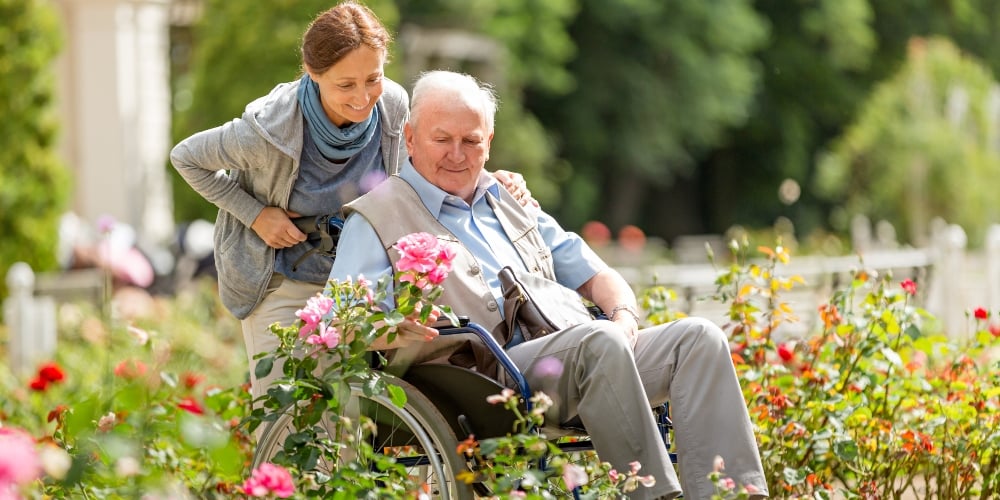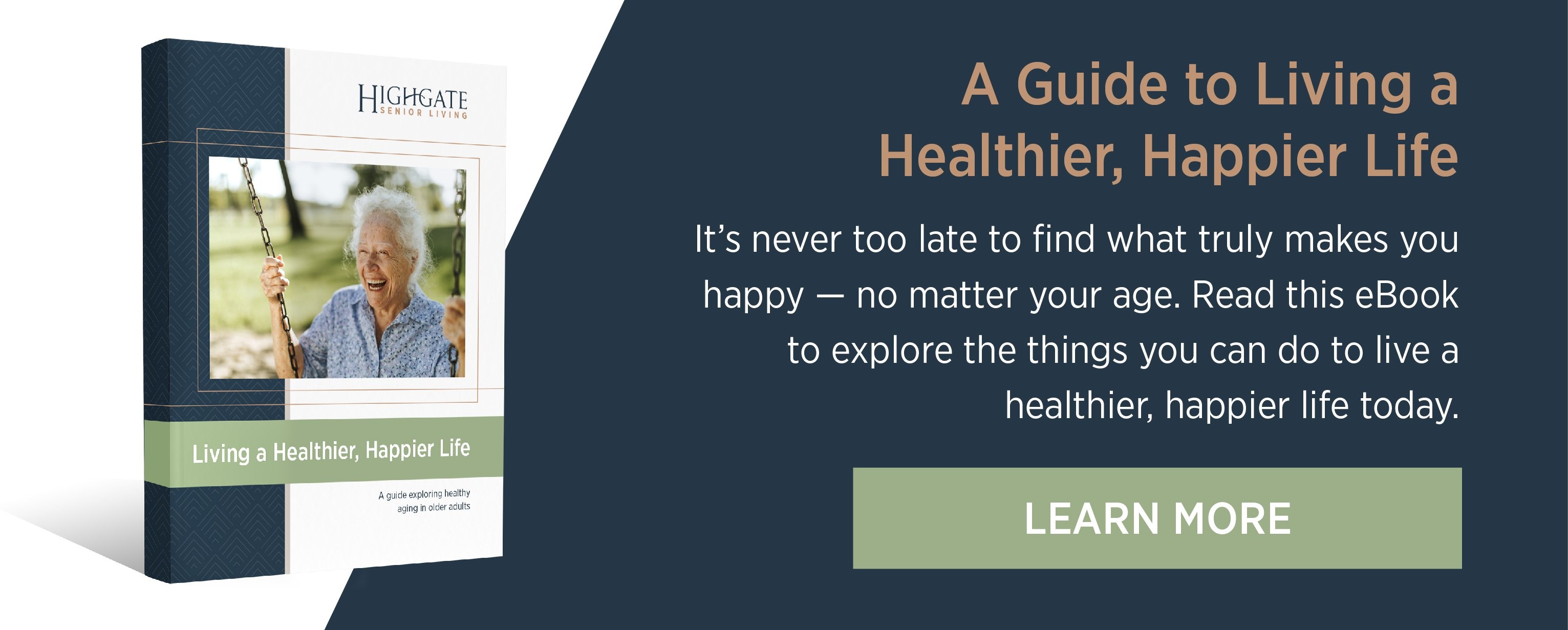 As your parent ages, they’ll experience many life changes. Many people, including some health care providers, mistakenly think that symptoms of depression are just a natural reaction to things like illness to the loss of a spouse or other close friends..
As your parent ages, they’ll experience many life changes. Many people, including some health care providers, mistakenly think that symptoms of depression are just a natural reaction to things like illness to the loss of a spouse or other close friends..
But depression is not a normal part of aging. It is a medical condition that is treatable, like diabetes or hypertension.
“Part of the challenge is that depression in older adults is more difficult to recognize because older people often have different symptoms than younger people,” says Flagstaff’s Healthcare Director. “For example, for some seniors, sadness is not the main symptom of depression. Instead, they could be feeling more of a numbness or a lack of interest in activities.”
A Look at Eight Dimensions of Wellness
As your parents age, their health becomes more complex. While you might focus on their physical health, experts say overall wellness encompasses the whole human being — mind, body, and spirit — and refer to eight dimensions of wellness.
For example, for many older adults the fear of falling and depression go hand in hand. When an older adult is anxious and afraid of falling, they stop doing things and withdraw from life. They might refuse to walk outside of the home unassisted or avoid leaving the home altogether. By limiting their activities and social engagements, they’re actually increasing their risk of falls: When a person is less active, they become weaker, which increases their chances of falling. Plus, the fear of falling and a general loss of confidence can contribute to depression, isolation, and feelings of helplessness. They become even weaker, which increases their chance of falling again. It’s a vicious cycle.
Another example: Relational wellness involves having a strong support network, feeling connected to other people, and having a sense of belonging. Staying connected through social activities helps improve relational wellness, yet older adults are often at risk of isolation, which can lead to depression and other mental issues.
Another important dimension of wellness is having a sense of purpose and meaning in life as well as engagement in spiritual or religious activities, such as connection with nature, self-reflection, meditation, and prayer. Maintaining spiritual wellness helps expand a person’s sense of purpose and gives more meaning to their days.
“When someone stops living a life of purpose, you see isolation, you see depression or sadness,” says Highgate at Flagstaff Executive Director. “You could see a change in their physical abilities because they’re not getting out and walking as much as they’d used to. They’d withdraw from pretty much everything. It affects all aspects of their lives.”
The bottom line? Things aren’t always what they appear and older adults with depression are often misdiagnosed and undertreated.
It’s never too late to start living a healthy lifestyle. In fact, wellness is a lifelong journey. Download our eBook Living a Healthier, Happier Life to explore how to use the eight dimensions of wellness to find purpose and meaning in older age.
Signs of Depression in Older Adults
Although the simple question, “Do you often feel sad or depressed?” may seem like a good place to start, many seniors don’t feel sad. Instead, they don’t feel motivated to do anything. They complain that they just don’t have any energy. Pain intensity increases. They lose their appetite.
If you’re concerned about your loved one, here are some of the warning signs associated with depression among older individuals:
- Irritability, restlessness, or having trouble sitting still
- Loss of interest in once pleasurable activities
- Decreased energy or fatigue
- Persistent sad, anxious, or “empty” mood
- Feelings of hopelessness, guilt, worthlessness, or helplessness
- Eating more or less than usual, usually with unplanned weight gain or loss
“There are many conversational cues you can listen for, too,” Sandos says. “Here are some things we listen for”:
- “I’m such a burden to … ”
- “I’m worthless.”
- “I wish I could just die.”
- “I wish I could sleep.”
- “Just let me sleep.”
- “I feel so helpless.”
- “I’m in too much pain to … ”
How Assisted Living Can Help Reduce Depression
One way to help your aging parent cope with depression is to encourage them to explore community living.
“We all need connections with others to stay mentally and emotionally healthy,” says Flagstaff’s Life Enhancement Coordinator. “It’s easy for seniors to become isolated. Living in a community ensures that they build and maintain quality relationships. Your loved one may not be the most outgoing person, but having even one friend can keep them engaged and provide a sense of purpose and belonging.”
Assisted living offers the opportunity for older adults to live their later years amongst their peers, in a place where friends and neighbors are just steps away. While they still have the privacy of their own apartment, other people who know exactly what they are going through live beside them day in and day out. They look out for one another, socialize, and make friends with similar interests or with those who can introduce them to something new. This helps ward off loneliness and isolation, which are a huge risk factor for depression in the elderly.
Another way assisted living communities can decrease depression in older adults is by helping them find a sense of purpose. They can participate in a roster of activities each day, join a committee (or start one), guide a new resident through their acclimation process, take a class, or even teach one. When seniors feel needed, when their presence is expected somewhere, they are less likely to become depressed. And those who keep busy and physically active have a better chance of keeping depression at bay, too.
“We live our lives each day with purpose, and it should be no different for our seniors,” the Highgate at Flagstaff Executive Director says. “While our purpose may change as we get older, we continue to have interests, passions, people, and things that are important to us and keep us living life to the fullest extent. It is important to keep our seniors engaged in the pursuits that give them purpose so they continue to thrive and do not feel the pangs of loneliness or unhappiness.”
To learn more about Highgate at Flagstaff’s suite of signature programs, including purposeful living opportunities through social and recreational programs and its holistic approach to health and wellness, download our signature program brochure.






